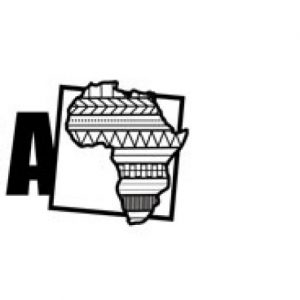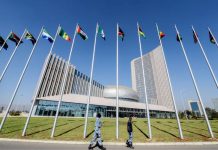Finance and Economic Development Minister Professor Mthuli Ncube, said Zimbabwe did not expect to benefit from the money because it does not fall under countries earmarked for debt relief .
Zimbabwe did not meet the criteria used to determine countries probably because it is not among the “poorest and most vulnerable” according to the International Monetary Fund definition.
“The support was mainly for countries that owe the IMF and are receiving relief on payments to the body in order to support the Covid-19 response,” Ncube told Zimbabwe’s State Newspaper.
But Zimbabwe’s overall poor credit record may be a contributing factor which is disfranchising the country from accessing international aid at a time the troubled southern African is struggling to contain a rise in Covid-19 cases.
The IMF African Department Director, Abebe Aemro Selassie, told the press that “unfortunately, Zimbabwe continues to have arrears to the World Bank and African Development Bank, which is a constraint on our abilities to lend to the country.”
“We’ve been very much highlighting the complexity of the policy environment and the tremendous policy constraints that the government has in terms of being able to mount the kind of response that other countries, to whom we will be able to lend, can.”
Zimbabwe has been unable to get funding from multilateral lenders since defaulting on its debt in 1999, and has instead, relied on the African Export and Import Bank for mineral-backed loans.
The IMF recently released a statement which warned that COVID-19 will adversely affect Zimbabwe’s ailing economy.
The number of confirmed cases rose to 23 after five more people tested positive in the country’s second City, Bulawayo, out of the 23 samples.
A toxic combination of a collapsing economy, poverty among other socio-economic ills, is hampering the country’s fight against the global pandemic, with doctors being forced to drag government to court to demand Covid19 protective clothing.














